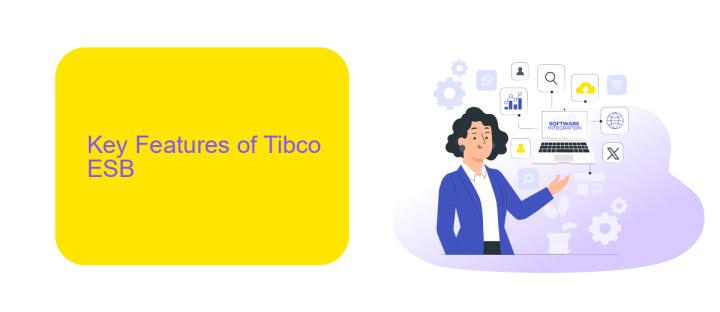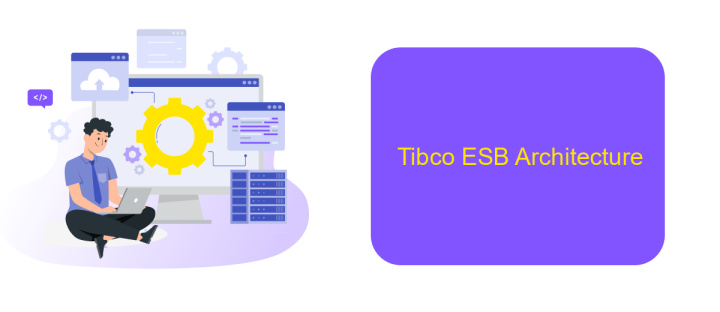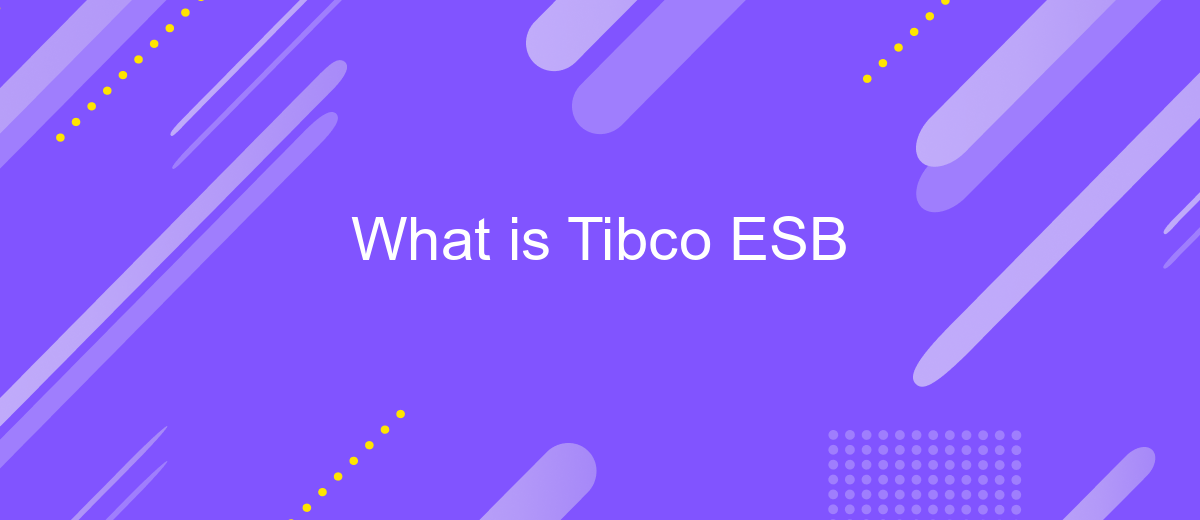What is Tibco ESB
TIBCO Enterprise Service Bus (ESB) is a powerful integration platform that enables seamless communication between diverse applications, systems, and services within an enterprise. By facilitating data exchange and process orchestration, TIBCO ESB helps organizations streamline operations, enhance agility, and improve overall efficiency. This article explores the core features, benefits, and use cases of TIBCO ESB, shedding light on its pivotal role in modern IT infrastructure.
Introduction to Tibco ESB
Tibco ESB (Enterprise Service Bus) is a powerful integration platform designed to connect, mediate, and manage interactions between various applications and services within an enterprise. It provides a scalable and flexible architecture that facilitates seamless communication and data exchange, ensuring that different systems can work together efficiently.
- Streamlined integration of diverse applications
- Enhanced data flow and process automation
- Robust error handling and monitoring
- Support for various communication protocols
With Tibco ESB, businesses can achieve greater agility and responsiveness by simplifying the integration process. Tools like ApiX-Drive further enhance this capability by offering easy-to-use solutions for setting up integrations without the need for extensive coding. This combination allows organizations to quickly adapt to changing business needs and maintain a competitive edge in the market.
Key Features of Tibco ESB

Tibco ESB (Enterprise Service Bus) is renowned for its robust integration capabilities, allowing seamless communication between disparate systems. One of its key features is the support for a wide range of protocols and data formats, ensuring compatibility across various platforms. Additionally, Tibco ESB offers a highly scalable architecture that can handle increasing loads and complex integration scenarios, making it suitable for enterprises of all sizes.
Another significant feature is its powerful orchestration capabilities, which enable the automation of business processes by coordinating multiple services and applications. The platform also provides comprehensive monitoring and management tools, ensuring high availability and reliability of integrated services. For those looking to streamline their integration processes further, services like ApiX-Drive can be used in conjunction with Tibco ESB to automate and simplify data synchronization between different applications, enhancing overall efficiency and reducing manual effort.
Benefits of Using Tibco ESB

Tibco ESB (Enterprise Service Bus) offers a range of benefits for businesses looking to streamline their integration processes and improve operational efficiency. By providing a unified platform for connecting disparate systems, Tibco ESB ensures seamless communication and data exchange across various applications and services.
- Scalability: Tibco ESB can easily scale to accommodate growing data volumes and an increasing number of integrations, making it suitable for businesses of all sizes.
- Flexibility: The platform supports a wide range of protocols and data formats, allowing organizations to integrate diverse systems without compatibility issues.
- Improved Efficiency: By automating repetitive tasks and streamlining workflows, Tibco ESB helps reduce manual intervention and operational costs.
- Real-time Data Processing: The ability to process data in real-time ensures that businesses can make informed decisions quickly and respond to market changes effectively.
- Enhanced Security: Tibco ESB offers robust security features, including encryption and access control, to protect sensitive data during transmission.
For businesses seeking additional integration tools, services like ApiX-Drive can complement Tibco ESB by providing easy-to-use interfaces for setting up and managing integrations. This combination allows organizations to leverage the strengths of both platforms for optimal performance and reliability.
Tibco ESB Architecture

Tibco ESB (Enterprise Service Bus) is a robust middleware solution designed to facilitate seamless communication and integration between different applications and services within an enterprise. It provides a unified platform that supports various protocols and data formats, ensuring that disparate systems can work together efficiently.
The architecture of Tibco ESB is centered around key components that enable reliable message routing, data transformation, and service orchestration. These components work in unison to ensure that data flows smoothly and securely across the enterprise, regardless of the underlying technology stack.
- Service Container: Hosts and manages the lifecycle of services.
- Message Broker: Routes messages between services based on predefined rules.
- Transformation Engine: Converts data formats to ensure compatibility between different systems.
- Adapters: Facilitate communication with external systems and applications.
- Monitoring and Management Tools: Provide visibility and control over the integration processes.
Tools like ApiX-Drive can be integrated with Tibco ESB to further streamline the process of setting up and managing integrations. ApiX-Drive offers a user-friendly interface for configuring data flows between various services, enhancing the overall efficiency and flexibility of the Tibco ESB environment.
Applications and Use Cases of Tibco ESB
Tibco ESB (Enterprise Service Bus) is widely used in various industries for its robust integration capabilities. One common application is in financial services, where it helps in streamlining transactions and ensuring secure data exchange between different banking systems. Retail businesses also leverage Tibco ESB to manage inventory, process orders, and integrate with third-party logistics providers. Additionally, the healthcare sector uses Tibco ESB to facilitate seamless communication between disparate systems, such as electronic health records (EHR) and lab information systems, ensuring accurate and timely patient care.
Another significant use case for Tibco ESB is in the realm of API management and integration. Services like ApiX-Drive can be instrumental in this context, as they offer pre-built connectors and automation tools that simplify the integration process. By using ApiX-Drive alongside Tibco ESB, organizations can quickly set up and manage integrations without extensive coding, thereby accelerating digital transformation initiatives. This combination is particularly beneficial for businesses looking to integrate cloud applications with on-premises systems, providing a flexible and scalable solution for modern enterprise needs.


FAQ
What is TIBCO ESB?
How does TIBCO ESB facilitate integration?
What are the key features of TIBCO ESB?
Can TIBCO ESB be used for cloud integration?
Are there any services to help with the automation and integration setup for TIBCO ESB?
Do you want to achieve your goals in business, career and life faster and better? Do it with ApiX-Drive – a tool that will remove a significant part of the routine from workflows and free up additional time to achieve your goals. Test the capabilities of Apix-Drive for free – see for yourself the effectiveness of the tool.

